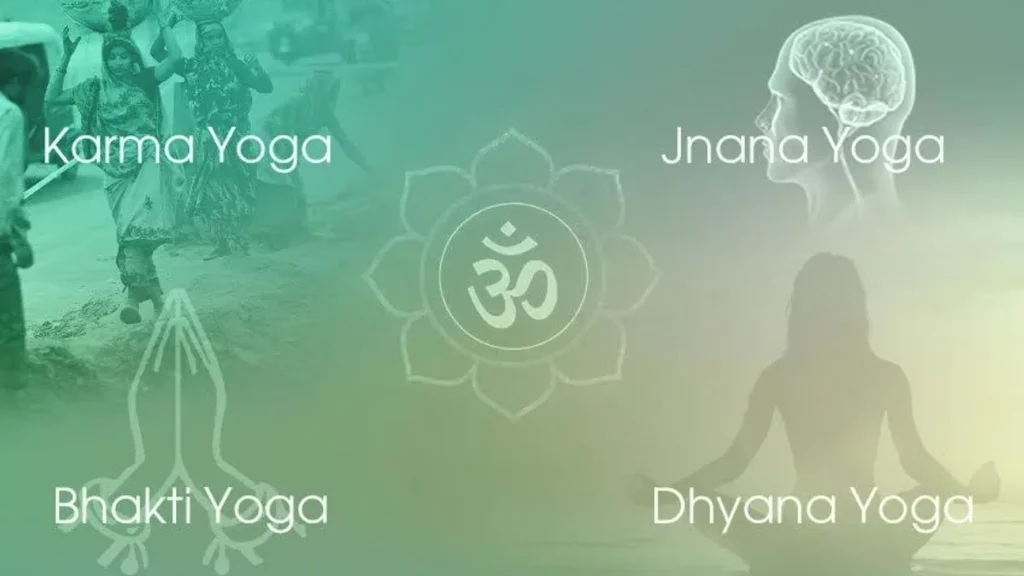Concept of personality in Indian tradition
27 Oct 2024 07:46:33

By DR BHUSHAN KUMAR UPADHYAYA :
Personality is however
the most important topic
of western psychology. It
is defined as a unique model of
thoughts, emotions and
behaviour. Every personality
has its own special characteristics. The traits of one personality differ from the traits
of other personality types.
Based upon the scale of traits,
Myers and Briggs formulated
a personality indicator which
is very popular in the field of
psychology.
According to the indicator,
a personality is either introvert or extrovert. There are
sixteen types of personality
based upon the permutations
and combinations of these
introvert and extrovert traits
according to Myers- Briggs
Indicator.
Freud propounded
that Id, Ego and Superego are
the driving forces of one’s personality. Id is instinct, ego is
rationality and superego is
parenting or conditioning of
the mind. Carl Jung divided
personality into introvert and
extrovert. Maslow threw light
on the concept of personality
by his theory of the hierarchy
of needs- physical, safety,
social ,esteem and self actualisation. John Watson is known
for his personality theory of
behaviourism. According to
him, the environment impacts
our personality in a decisive
manner. Western psychology
considers personality as the
blend of innate or genetic
qualities and environmental
impact.
Indian seers and philosophers have delved deep into
the different types and dimensions of human personality.
According to Sanskrit dramaturgy, there are four types of
heroes. The first is Lalit or
light hearted. The second is
Shanta or peaceful. The third
one is Dhirodatta or exalted
and the fourth is Dhirodhatta
or vehement. According to
the Ayurveda, the relative
dominance of Kapha, Pitta
and Vata determines the type
of personality. Kapha is the
cooling system of the body.
Pitta indicates fire or temperature.
Vatta is the moving energy in the body. Predominance
of these attributes determines
the physical and emotional
aspects of human personality.
A balanced personality has a
harmonious combination of
all these three attributes.The
Taittariya Upanishad
describes human personality
as an integrated whole of five
sheaths namely body, breath,
mind , intellect and bliss.The
concept of Triguna is the
unique description of human
personality. There are three
types of Gunas or attributes.
Sattva Guna is purity. Rajas is
activity and Tamas is inertia.
All these three attributes constitute human personality.
The type of the personality is
determined by the predominance of a particular attribute. Even a highly evolved person has Tamasic or low attributes in his personality, but
these attributes are not dominant. On the contrary an evil
person also possesses Sattvic
or pure attributes, but in a
subdued manner.
According
to the Indian concept, these
attributes keep on changing.
The aim of a person should be
to climb the higher ladder of
attributes and become an
evolved person. Many ways
are prescribed in the Indian
traditions to evolve and develop human and divine qualities. These ways are called
Jnana, Bhakti and Karma.
Jnana Marga is the discriminative faculty of the mind to
understand wrong and right.
Bhakti is the devotion to the
Almighty and Karma is the
performance of duties without getting attached to them.
Thus, we find a beautiful
account of human personality in Indian scriptures and
also the methods and tools to
elevate and evolve it. The
Indian concept of personality
is quite dynamic and evolving
without any stereotypes.

(The writer is Former DG
Police & CG, Homeguards,
Maharashtra)
